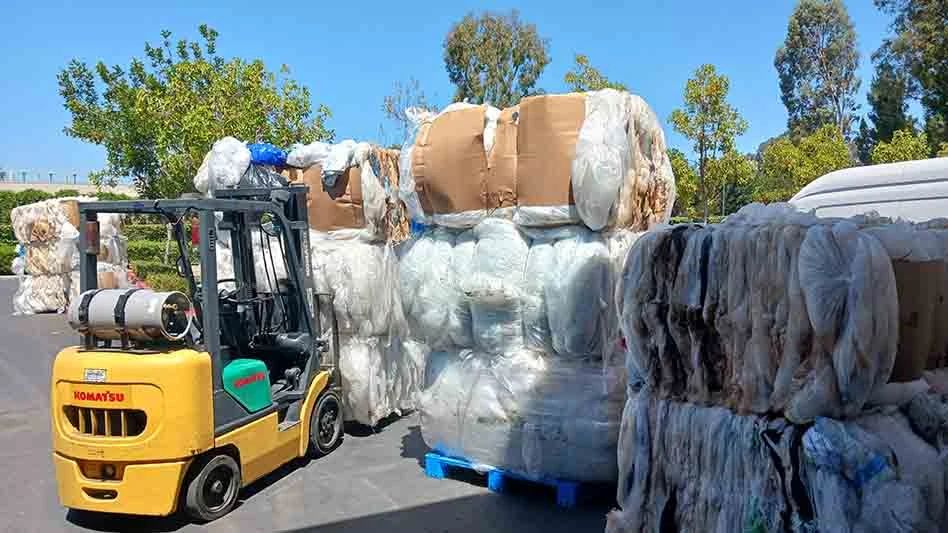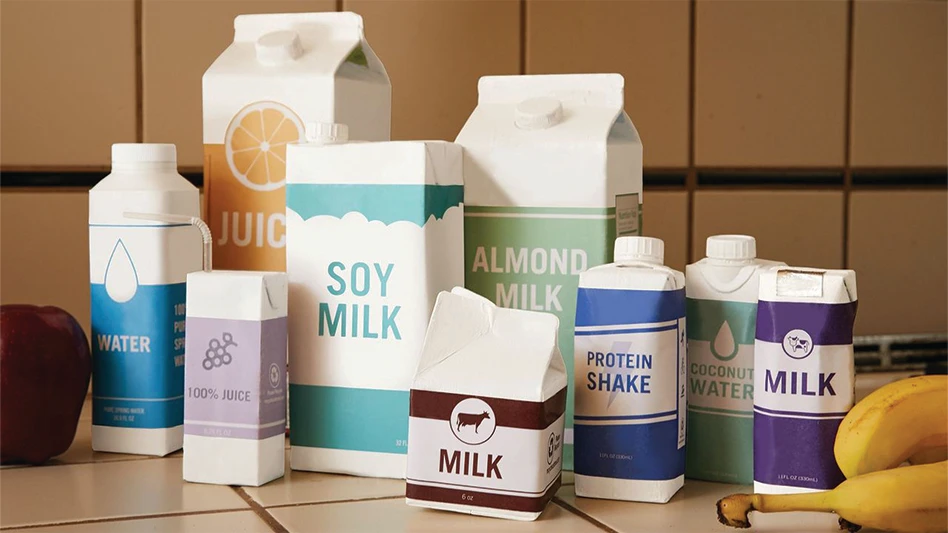
SC Johnson, Racine, Wisconsin, has announced that its Windex Vinegar bottle will use 100 percent recycled ocean plastic.
“With over 5 trillion pieces of plastic debris in the ocean, conditions are continuing to get worse and worse,” says Fisk Johnson, SC Johnson chairman
The Windex Vinegar Ocean Plastic bottles will be made available at North American retailers such as Target and Walmart, according to the company. As many as 8 million units will hit retail shelves this spring.
As part of the release of Windex Vinegar Ocean Plastic bottles, Johnson will appear Feb. 27 at the GreenBiz 2019 conference in Phoenix. He will discuss the role companies can play to combat the ocean plastic pollution crisis. Attendees at the conference will learn about the SC Johnson-Plastic Bank partnership and how it is transforming the lives of people in Indonesia with new economic opportunities and preventing plastic from ending up in waterways.
Plans are underway to launch a 100 percent Social Plastic Windex bottle with Plastic Bank by fall of 2019. SC Johnson describes this product as another milestone in its efforts to tackle ocean plastic pollution.
This product will include recycled ocean-bound plastic sourced by Plastic Bank from Haiti, the Philippines and Indonesia, which not only helps the environment but also provides social benefits to people living below the poverty level in these communities, SC Johnson says. Under this program, the company is creating recycling programs to address ocean-bound plastic and poverty at the same time.
“The goal is to create recycling infrastructures to help minimize plastic waste and address the challenges of poverty at the same time,” Johnson says. “This is a massive environmental issue, and it is going to take businesses, governments, NGOs (nongovernmental organizations) and civil society working together to solve it.”
Latest from Recycling Today
- Arizona AG says consumers were misled over recycling bags
- PRE warns European plastic recycling industry facing ‘imminent collapse’
- NWRA, Informa partner to launch Waste Leadership Summit
- Circular Action Alliance appoints new executive director in California
- Aduro reports fourth-quarter, FY25 results
- EverestLabs announces first international deployment
- Sunnyvale, California, awards contract to BHS
- Scrap Expo session preview: Technology Spotlight—Refining Recovered Metal







